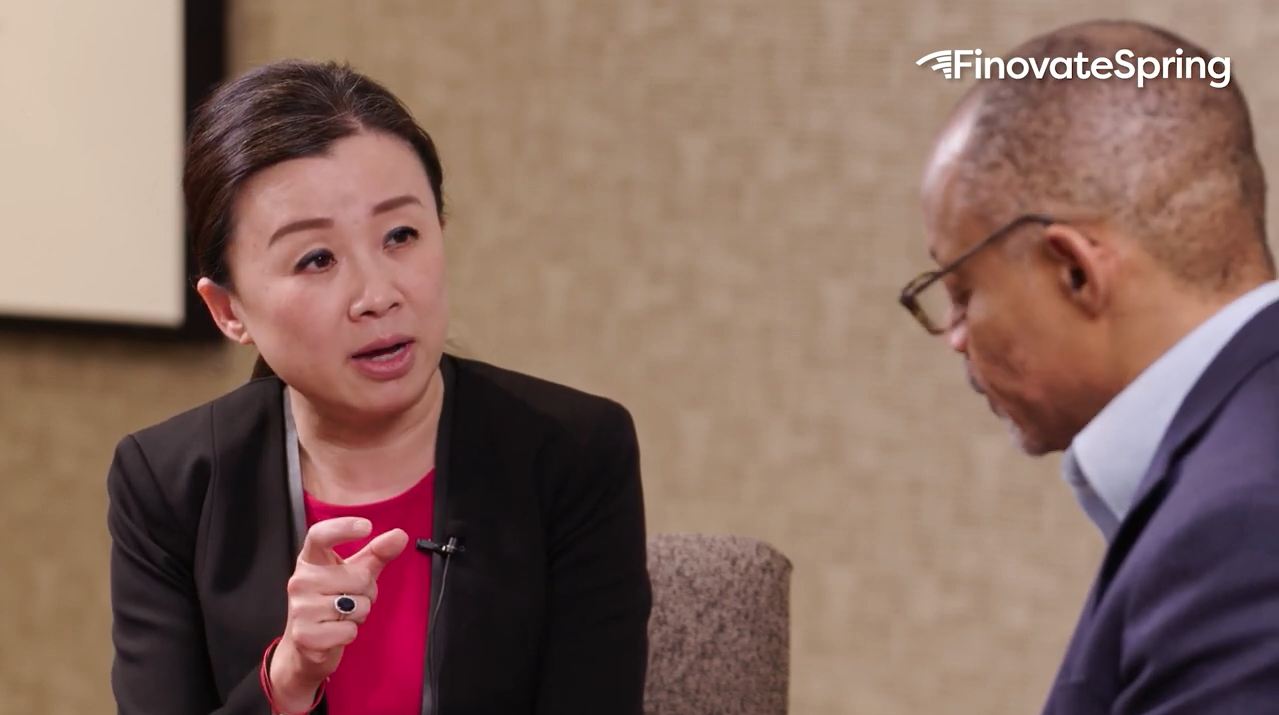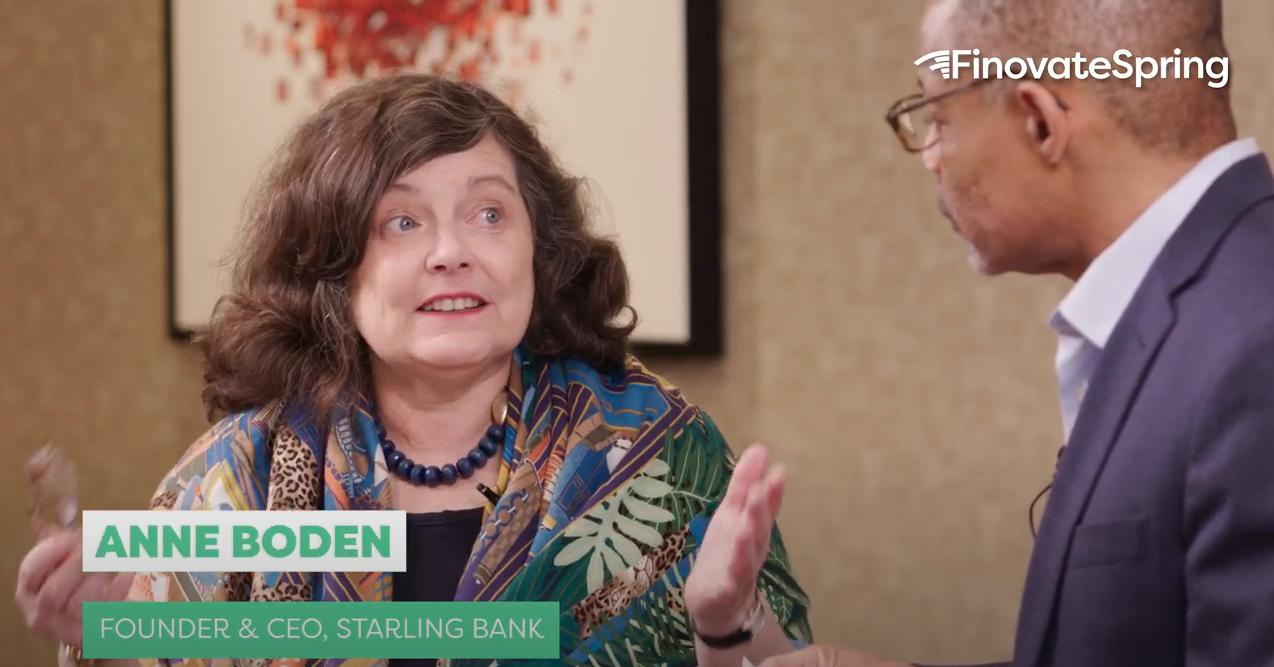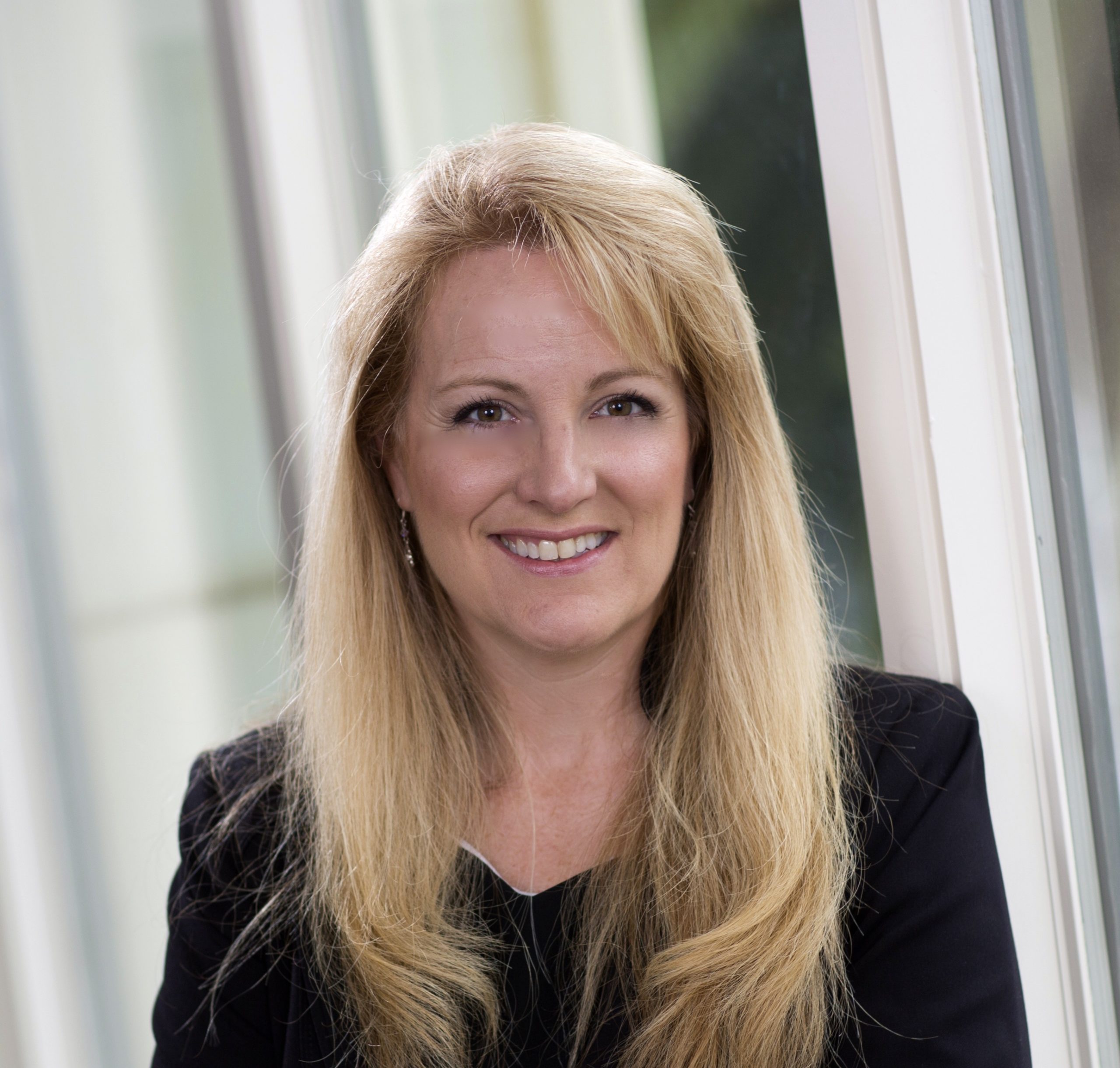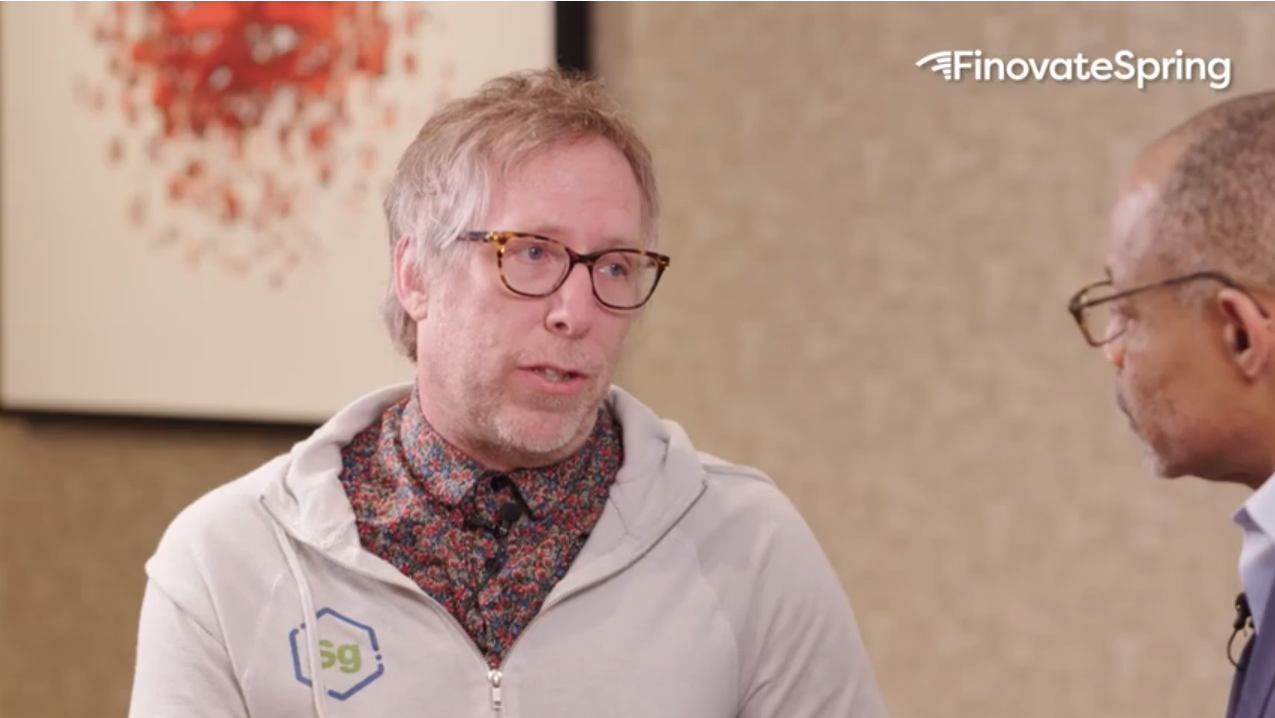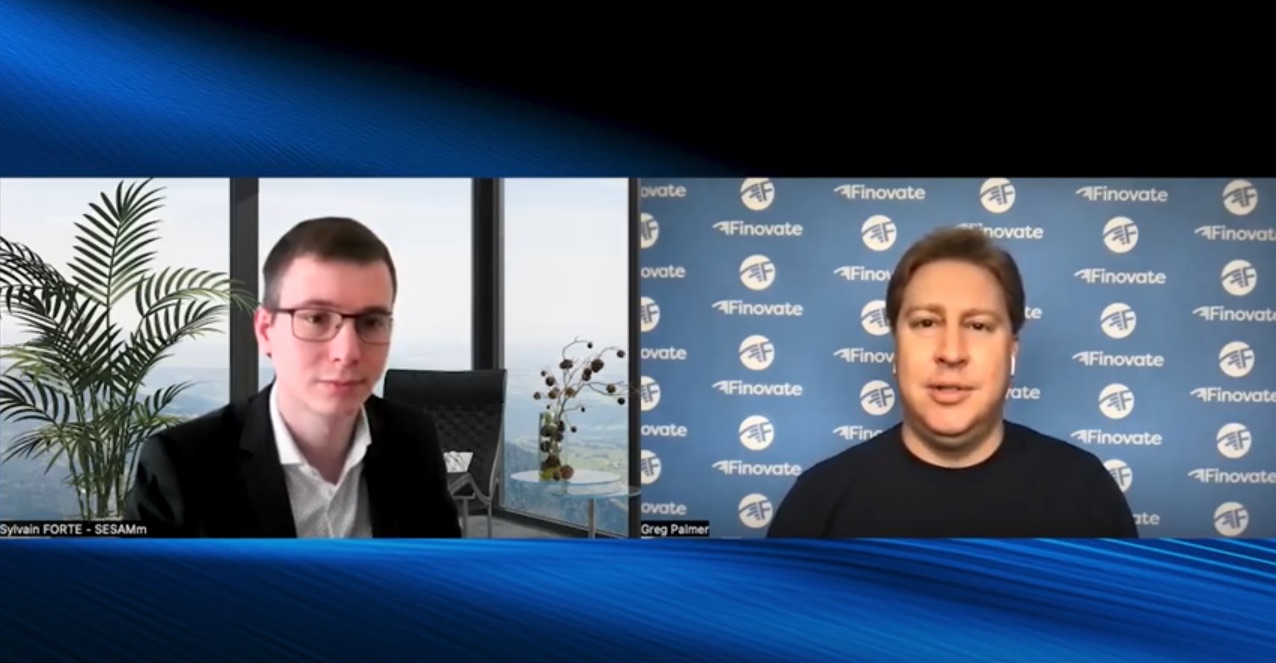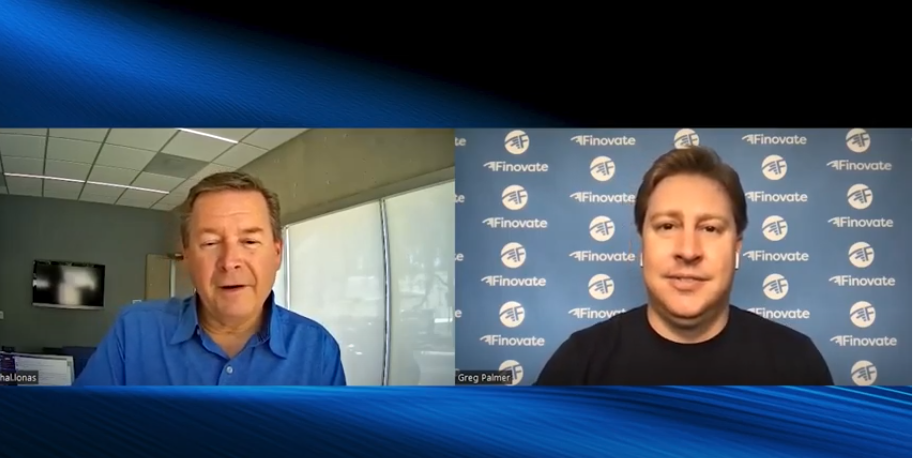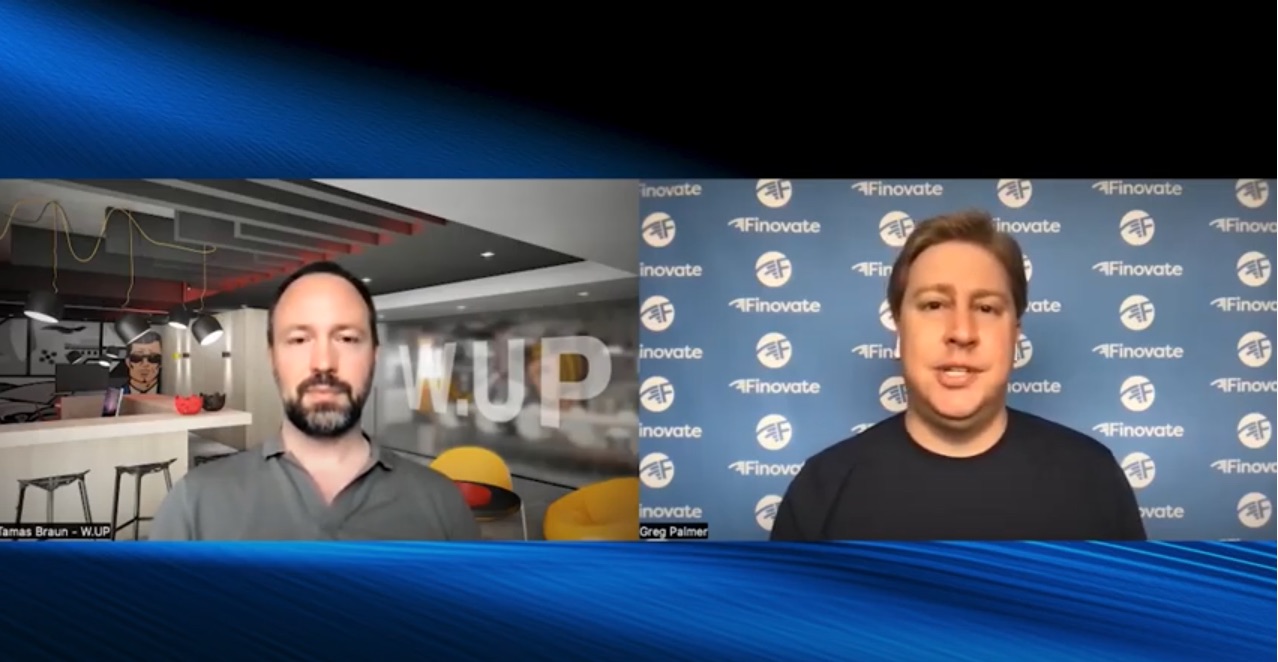

Having worked in the fintech industry for four years, Kristiane Mandraki has developed a passion for emerging technology and has seen ebbs and flows of success and failure in the industry. Mandraki is currently the Director of Business Development and Marketing at Praxent, a 22-year old fintech experience design and development firm that helps financial companies succeed in their digital transformation efforts.
We recently spoke with Mandraki on some of the best practices in customer experience, digital transformation, and Web 3; as well as top trends she’s anticipating in the next year.
When it comes to customer experience, what are some of the top mistakes you’ve seen banks and fintechs make, and how can they avoid them?
Kristiane Mandraki: Banks and fintechs often make the mistake of trying to be all things for all people, which only leads to exhaustive mediocrity. Instead, it’s critical to pick a focus, your North Star. Narrowing in on a main priority or differentiator allows financial services providers to prioritize and innovate, setting the stage to truly excel at something instead of being average at everything.
Another mistake we often see banks make is implementing off-the-shelf technology without viewing the experience through the holistic lens of the customer’s journey. We see this often in account opening or loan origination experiences where the customer’s journey starts on the website and ends on the fintech product. It’s important to carefully consider the experience as part of the bank’s brand experience and ensure it’s configured in a user-friendly way. There are many opportunities to differentiate the brand by prioritizing the website and product configuration as a critical component of the digital experience which often requires UX/UI expertise.
What advice do you have for banks navigating this era that’s stuck between digital transformation and Web 3?
Mandraki: Some emerging technologies are fairly polarizing, like Bitcoin. You have the optimists and then those who see the headlines and are quick to write it off. What can’t be ignored is that blockchain technology unlocks much more than an asset class. It has created another sphere like the Internet.
The industry is currently in a transitionary period, or Web 2.5; we’re starting to evolve beyond Web 2.0 but Web 3.0 isn’t quite a mainstream reality. We’re facing a major user experience challenge, which is a huge opportunity for innovation.
There is a need to bridge the gap between banks and cryptocurrencies so institutions can offer these products in a way that’s intuitive and user-centric. No matter where bankers stand on the debate, they must educate themselves and remain open to how they might be able to leverage emerging technologies moving forward. Savvy investors are strongly considering digital assets within their wealth portfolios. In order to build trust with those clients, financial advisors in banks and credit unions must develop a strong understanding of the space to advise them responsibly.
I hope women in particular take the opportunity to help shape this new financial system to be more inclusive, especially since they weren’t in a position to do so when traditional financial systems were created.
How can banks offer digital services while maintaining human touch?
Mandraki: A primary issue is that for too long, banks have relied on experiences that are system-centric, ultimately forcing customers to jump through several hurdles to satisfy internal IT systems. This typically results in a process that is cumbersome, requiring customers to rekey information and leaving no room for human empathy.
Community financial institutions excel in customer-intimacy, as they move much of their customer interaction to the digital space, it’s critical they offer experiences that are human-centric.
This is where exercises and tools like a customer journey map, envisioning the customer journey in the context of use, provide significant value. Once the work is done to identify points of delight and frustration within the customer journey, the proper prioritization and investments can be put in place to overhaul the experience with the customer at the center.
What are the top trends you’ve seen so far this year, and what’s coming next year?
Mandraki: Going back to common mistakes we see in financial services, an exciting trend is that many banks and credit unions are starting to pay much closer attention to their ‘digital front doors’ or website experience. Strategic institutions have started to realize that a marketing department of one or two people, usually without any user experience or design background, is simply not enough of a resource to modernize and maintain their websites. Having a modern website that shares relevant information and options with intuitive navigation is just as important as the money being spent on things like modernizing loan origination systems or account opening tools.
We are also seeing many more financial services providers striving to identify a niche when it comes to investing and wealth management. There is a massive opportunity to reach and serve this group of Millennials and Gen Z that soon stand to inherit significant wealth but who have so far been hesitant to engage traditional financial advisors.
Photo by Markus Spiske on Unsplash
